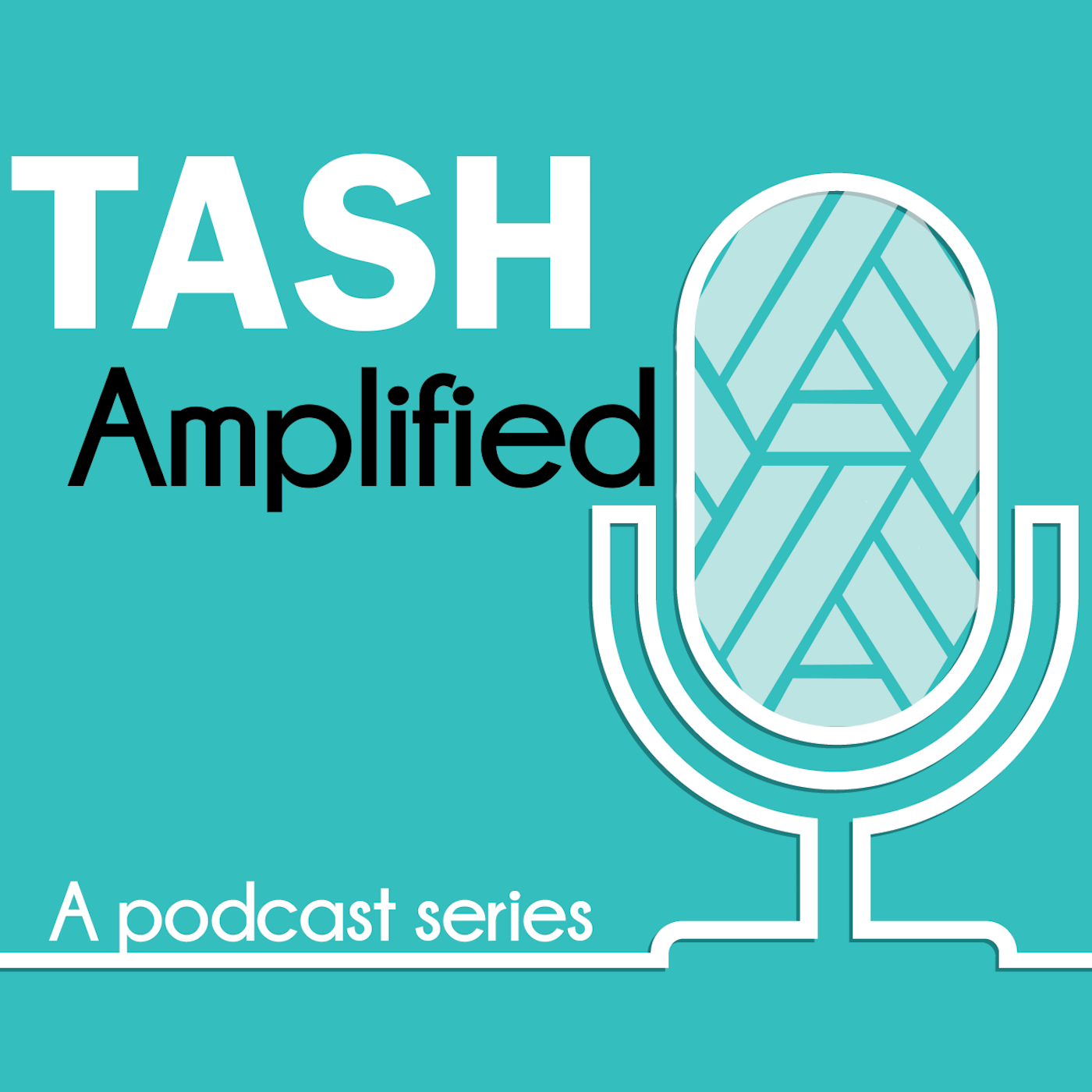How to Talk to Your Senator About Medicaid and the Affordable Care Act
Update: 2017-06-22
Description
Season 2, Episode 1 — 22 June 2017 About this episode Today’s episode is particularly urgent. The Senate released its bill to repeal the Affordable Care Act and cut Medicaid this morning. Listen to it right away then get busy. TASH talks with Gonzalo Martínez de Vedia, a Policy Manager with The Indivisible Project, about […]
Comments
In Channel






